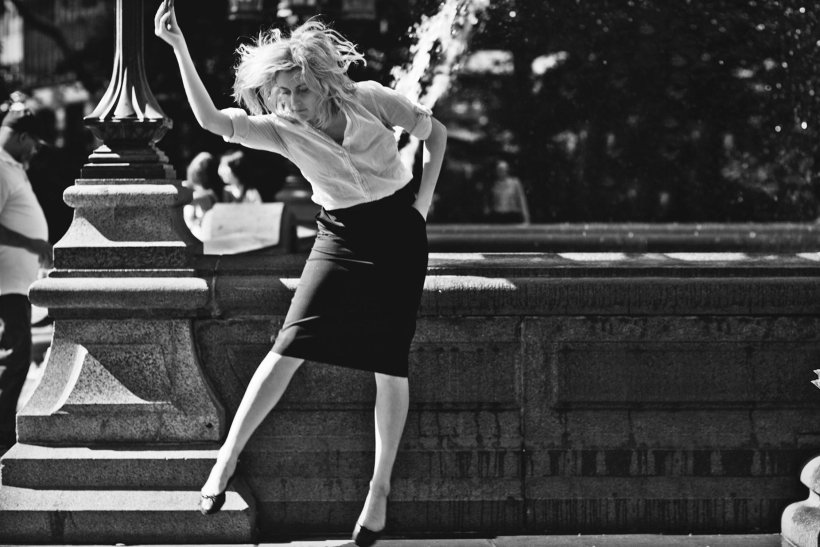Frances Ha
By Daniela Cordovez Flores
Frances Ha by Noah Baumbach conveys the anxiety of young dreamers who feel directionless while people around them follow paved paths to success. Baumbach depicts Frances' profound, romanticized view of reality in her overtly sincere comments and detachment from a sense of practicality. After she crashes a dinner and is asked what she does, Frances replies, “...it’s hard to explain…because I don’t really do it? …Well, I’m a dancer, I guess.” Although filled with enthusiasm, Frances’ life is heavy with contradictions: she wants to become a dancer without doing much dancing, lives in a New York City apartment she cannot afford, has a best friend she doesn’t talk to, and a boyfriend she doesn’t love. Yet, she detaches herself from these dissonances while the audience painfully absorbs her loneliness throughout the movie. Instead of displaying Frances’ progress, the film focuses on her small steps forward and many steps back: she gets rejected by a dance company, works as an RA at her alma mater years after graduating, and goes to Paris for no reason–despite lacking a stable job and financial security– ultimately crashing with her parents. The film uses these events to exhibit the undoing of usual coming-of-age milestones: graduation, moving out, and finding a job. Without much change in Frances’ tone amidst these circumstances, the spectators grow alarmed as they watch what is perhaps one of their greatest fears. To an observer, she looks like a mess. However, Frances embraces these moments of regression with optimism.
The film’s black and white shots symbolize the romance that Frances embodies, as well as a nostalgia for how films were made in the past, reminiscent of the French New Wave. Director Baumbach mentions the material itself, as “feeling black and white.” The French New Wave left legendary figures and historical events behind and instead worried itself with mundanity and the unexceptional. Following this style, Frances’ ordinary life is captured as worthy of cinematic documentation. Her jumps on the streets of New York and her drunk speech on the meaning of love speak to the romanticization of the era and the longing that comes with dreams yet to be fulfilled. Briefly, at the end of the film, Frances' seemingly distracted and stubborn nature still manages to weave parts of her life back together: she starts working as a children’s choreographer and presents a showcase, moves into an apartment she can pay for, reconnects with Sophie, and seems to be starting a romantic relationship. To some degree, the audience can see themselves in Frances’s eyes: reliving moments when they felt lost or a reflection of their current feelings of uncertainty. This film allows its viewers to hold space for the ambiguity that clouds their lives and invites them to find comfort in the not-knowing while simultaneously shining a hopeful light on what could be.
